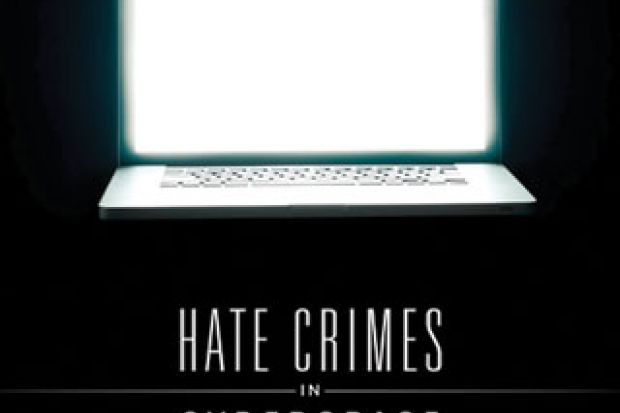This book sets forth a compelling argument that the internet should not be allowed to maintain its “Wild West” anarchic status, because its ability to facilitate cyber-bullying outweighs the virtues of maintaining that status. It argues that the virtues of the web – in particular, anonymity, which fosters truth-telling and self-expression – also translate into vices: people become de-individuated in anonymous postings, and the lack of identification fosters the refusal to conform to social norms. The result is online harassment and bullying that can take extreme forms.
Hate Crimes in Cyberspace’s main strength lies in its sustained and detailed exploration of the bizarrely convoluted, sustained and extremely hurtful nature of online abuse of individuals. Danielle Keats Citron, a legal scholar, pertinently compares the social response to online bullying (which informs the legal one) to the response to domestic violence and workplace sexual harassment in the 1970s. At that time it was thought that both could be relegated to the sphere of the private choices of women – that the responsibility lay with the woman to deal with the problem, by growing a thicker skin or by simply packing her bags and leaving. Feminist campaigns from the 1970s onwards changed that perception and triggered legal change.
Citron argues that the tendency to trivialise online abuse (as frat-boy banter) and to blame the victim for failing to shrug it off is highly prevalent and is retarding the development of stronger laws and law enforcement. She makes her case successfully for changing social perceptions and creating a far more effective legal response, particularly by utilising civil rights laws.
Nevertheless, her book is somewhat selective in its approach. Its very broad title is misleading – it might easily have been titled Cyber-Based Sexual Harassment and Proposals for US Legal Reform. Clearly, that title would have been less snappy and less appealing. But it would have been more accurate. The book focuses very strongly on the harassment and denigration of women via online abuse, and this is the right approach to take, rather than focusing on the harassment of white heterosexual males, who suffer significantly less online abuse. Its pioneering research could and should be used to support the case for introducing a criminal offence of gender-based hate speech in various countries, including the UK.
However, the book only touches on abuse suffered by lesbian, gay, bisexual and transgender persons and on racial grounds, largely disregards the abuse of persons due to other characteristics, and also largely disregards group-based online hate crimes (or hate speech as hate crime). So, for example, it does not discuss Salafi/Wahhabi or Christian fundamentalist online hate speech that is aimed at gay people, which can clearly have an impact on individuals. Many such groups – as has been brutally illustrated in recent months by the actions of Islamic State – understand the impact and utility of social media all too well.
Citron’s proposals for law reform are practical but also selective. They are very US-centric – which is understandable up to a point, but also ironic, given the book’s message about the nature of cyberspace and the difficulties of prosecuting in a borderless space. International initiatives aimed at cyber-bullying could have been considered, as could examples from other countries, since for obvious reasons this is an international problem.
A strong, compelling, readable exploration of this problem is proffered here, but the call for action that it represents requires a wider focus.
Hate Crimes in Cyberspace
By Danielle Keats Citron
Harvard University Press, 352pp, £22.95
ISBN 9780674368293
Published 20 October 2014
Register to continue
Why register?
- Registration is free and only takes a moment
- Once registered, you can read 3 articles a month
- Sign up for our newsletter
Subscribe
Or subscribe for unlimited access to:
- Unlimited access to news, views, insights & reviews
- Digital editions
- Digital access to THE’s university and college rankings analysis
Already registered or a current subscriber?





